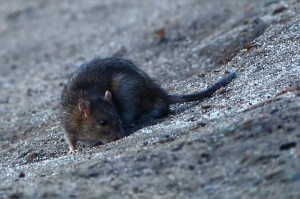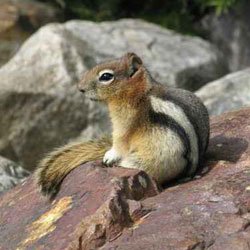 Though chipmunks appear to be small, furry critters incapable of serious destruction, they can actually cause quite a big mess around your home. Chipmunks like to dig and live in burrows underground. This means they especially like porches, gutters, decks, retention walls, and safe spaces near your home. They reproduce quickly may even settle into your basement or crawl space. The most common complaints about chipmunks are damage to flowers bulbs, eating bird food and pet food, ruining grass and gardens, and creating an environment that attracts mice and rats.
Though chipmunks appear to be small, furry critters incapable of serious destruction, they can actually cause quite a big mess around your home. Chipmunks like to dig and live in burrows underground. This means they especially like porches, gutters, decks, retention walls, and safe spaces near your home. They reproduce quickly may even settle into your basement or crawl space. The most common complaints about chipmunks are damage to flowers bulbs, eating bird food and pet food, ruining grass and gardens, and creating an environment that attracts mice and rats.
Disease
Chipmunks are not dangerous in the sense that they will not attack humans or other animals, but they do carry standard rodent diseases like plague and fleas, as well as ticks, lice, and mites. Dead or sick chipmunks should be avoided and not touched to prevent any spread of disease.
Damage
Chipmunks like to eat fruits and nuts and will overrun outdoor bird feeders, as they have an easy supply of seed. They also may dig up and eat spring flower bulbs and burrow in flowerbeds, costing the homeowner money and time to fix the damage done to the garden.
They can dig as far as three feet below the ground, with the entrance extending as much as 20 feet in length. Though the chipmunks themselves will not cause damage to your home, the burrows can have a significant impact on your home’s foundation.
Though chipmunks do more damage outside than inside, occasionally they sneak in the lower levels of homes while burrowing. Rodents like to chew wires and chipmunks are no exceptions. Open wires can increase chances of house fires, especially within walls.
Signs of Chipmunks
– Holes in lawn
– Piles of seeds around lawn and under bird feeders
– Flowering bulbs uprooted and eaten
– Tracks
– Damage to foundation from burrows
– Chewed wires
– Fecal matter in home
Call Pest Control
If chipmunks are causing damage to your home or wreaking havoc on your yard, immediately call pest control to have them safely removed. There is no approved poison for them and they should be left alone until pest control can remove them. In addition, make sure to seal points of entry to the home if they’ve been inside. Chipmunks belong outdoors and away from the home, for your home’s safety and their own safety.




 There is nothing more frustrating than trying to remove an animal once it has decided to take up residence in your home! Whether they burrow under the foundation, or invade the attic, it can be both a time consuming and expensive process to evict them. Remember the old saying “An ounce of prevention is worth a pound of cure”? Well, that is very fitting! The following are some tips on preventing animals for making your home their home.
There is nothing more frustrating than trying to remove an animal once it has decided to take up residence in your home! Whether they burrow under the foundation, or invade the attic, it can be both a time consuming and expensive process to evict them. Remember the old saying “An ounce of prevention is worth a pound of cure”? Well, that is very fitting! The following are some tips on preventing animals for making your home their home.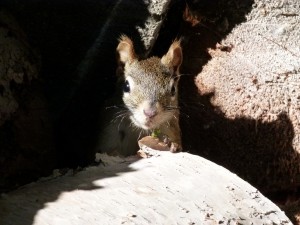
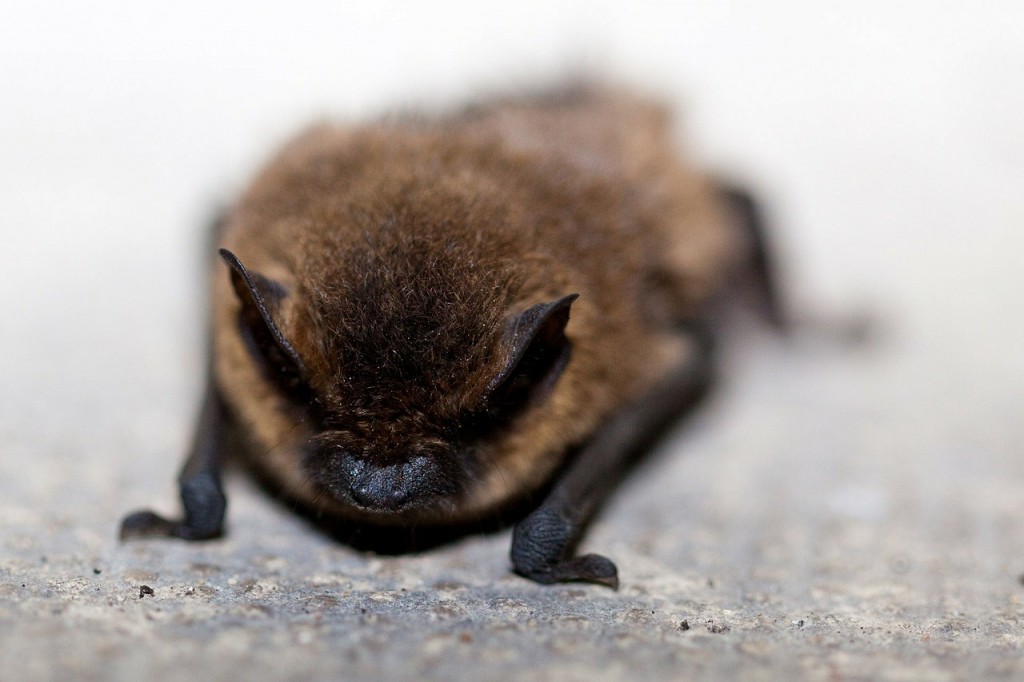 You may not realize it, but there are actually 12 different species of bats that regularly occur in Illinois. Don’t be alarmed; all of the bats who call Illinois home are insectivorous, which means they only hunt insects. Bats are small, winged mammals, who usually weigh no more than a few ounces. Their heads and bodies are covered with fur and their wings have hairless membranes connecting them to the hind legs, body, and forelimbs. Bats are also quite intelligent creatures. Some of the bat species inherent to Illinois include:
You may not realize it, but there are actually 12 different species of bats that regularly occur in Illinois. Don’t be alarmed; all of the bats who call Illinois home are insectivorous, which means they only hunt insects. Bats are small, winged mammals, who usually weigh no more than a few ounces. Their heads and bodies are covered with fur and their wings have hairless membranes connecting them to the hind legs, body, and forelimbs. Bats are also quite intelligent creatures. Some of the bat species inherent to Illinois include: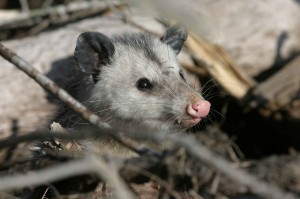 Discovering you have an uninvited animal living in your home can be both frightening and stressful. Wild animals can cause damages that are costly to fix and may even pose a health hazard. Not only can removing wild animals from your home be dangerous, there may also be laws and ordinances you aren’t even aware of governing the procedure. If you find yourself needing to hire a professional animal removal company, there are several factors you should take in to consideration.
Discovering you have an uninvited animal living in your home can be both frightening and stressful. Wild animals can cause damages that are costly to fix and may even pose a health hazard. Not only can removing wild animals from your home be dangerous, there may also be laws and ordinances you aren’t even aware of governing the procedure. If you find yourself needing to hire a professional animal removal company, there are several factors you should take in to consideration.